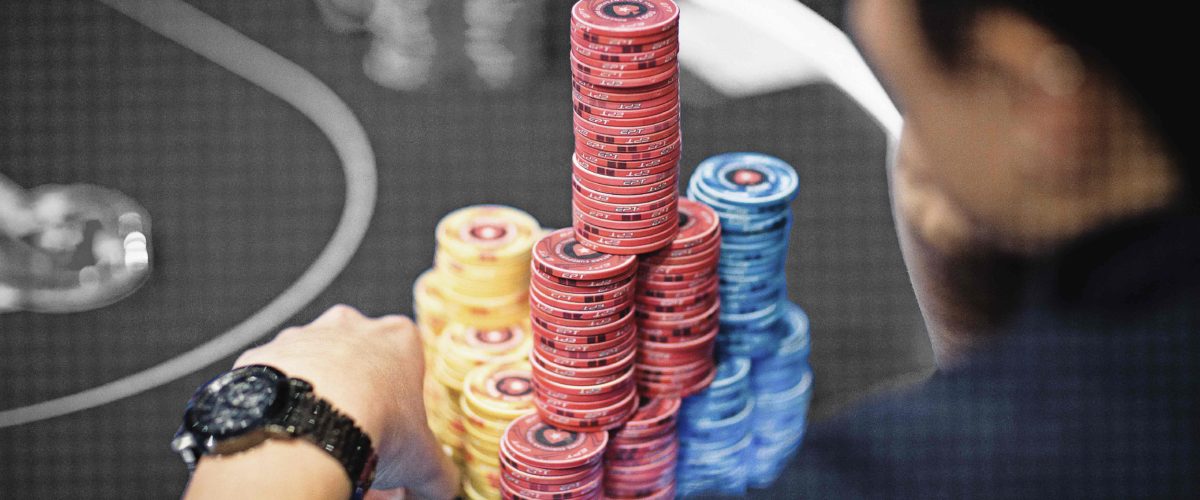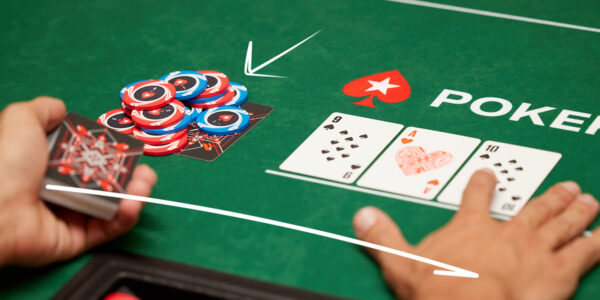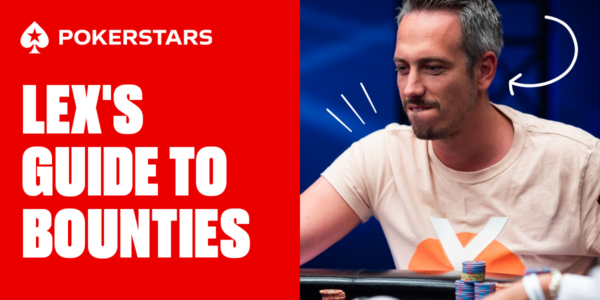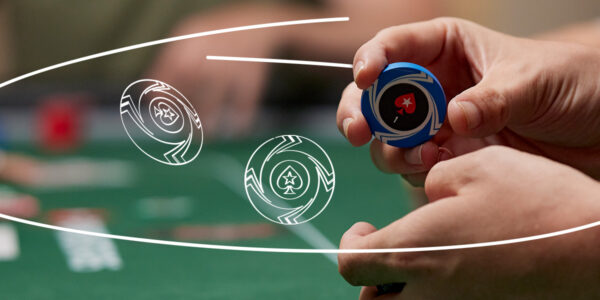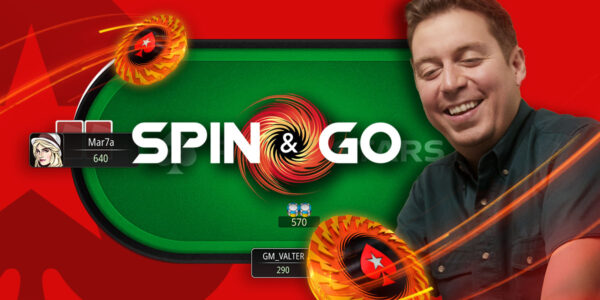Leveraged Bets
One thing that will really help your tournament game is the understanding and utilization of leveraged bets. The concept of leveraged bets does apply to cash games as well, but the effects are even more pronounced in tournaments, particularly when a player’s tournament life may be on the line.
Using leverage to apply pressure to opponents can greatly increase your fold equity. Here’s how a leveraged bet work: You open raise to 2.5x the big blind on a 50 big blind starting stack. The player in the big blind, who starts then hand with 30 bigs calls. There is now 5.5 big blinds in the pot (both your bets and the small blind), and your opponent has 27.5 left. On the flop you continuation bet 5 big blinds, and they make the call. The pot now has 15.5 bigs in it and they have 22.5 left in their stack. On the turn, you bet 8 big blinds. Could you be value betting a good hand with this sequence? Certainly you could. Might you also be double barreling this turn with some bluffs? Yes, and you definitely should be, because this turn bet holds a lot of leverage over your opponent.
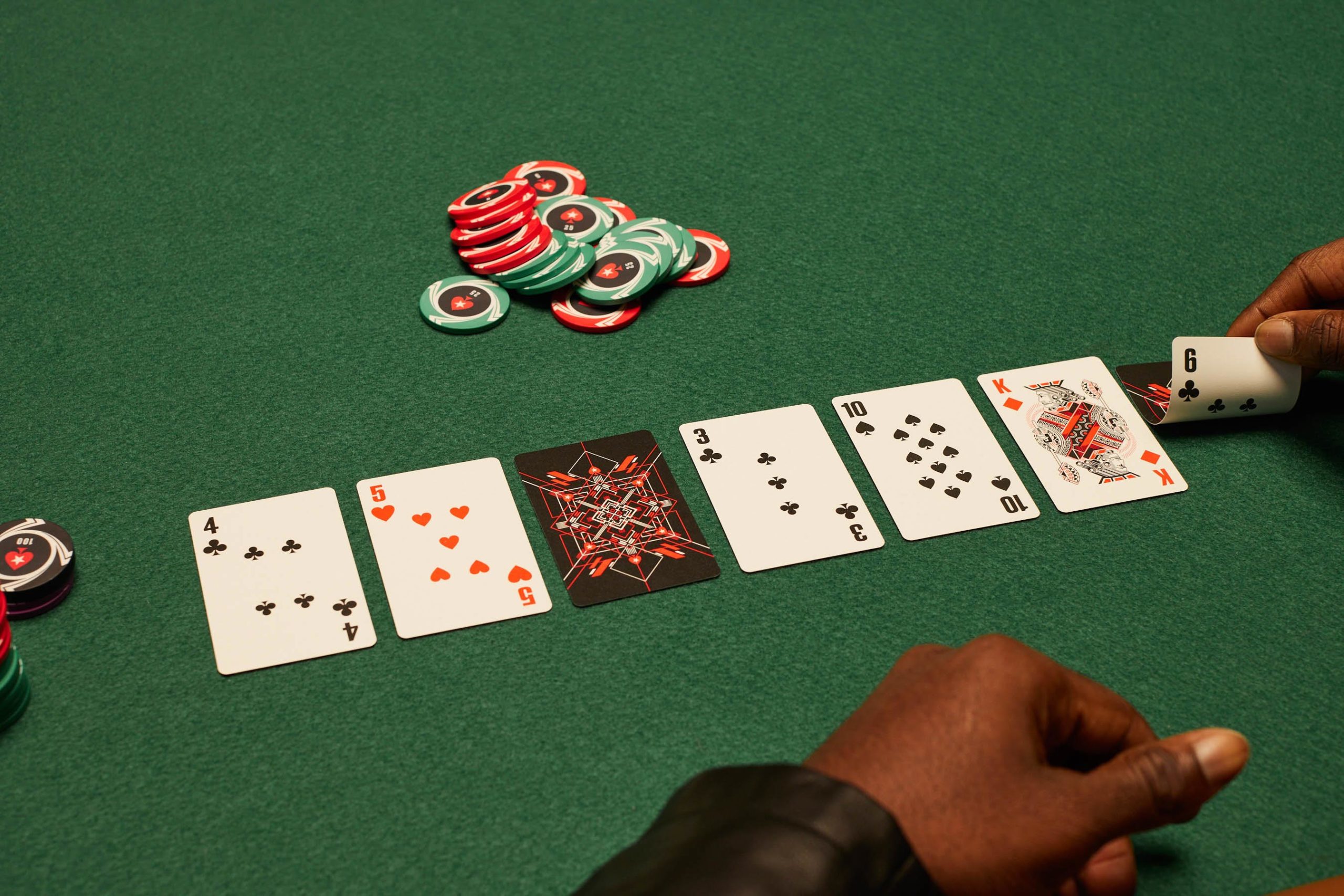

What’s going on here is this: Your risk is limited to a total of 15.5 big blinds running a bluff in this spot (2.5, pre, 5 on the flop, and 8 on the turn). You know if you get called again on the turn, you have the option to shut down and in fact may be mentally prepared to do so and give up, knowing you’ll move on with a 34.5bb stack that has a lot of playability. But your opponent doesn’t know that you’re shutting down. You’re certainly not with all your value bets. If they call this turn bet, there will be 31.5 big blinds in the pot and they will have 14.5 left for the river, less than half the pot. So while you’re risking 8bb on the turn bet, in order to call they should be mentally prepared to risk all 22.5 blinds they got to the turn with as they have to anticipate you putting them all in on the river for their last 14.5 big blinds.
If they simply fold now they can move on with 22.5 big blinds, which is a tangible amount to work with. Do you think their medium strength hands will continue here and call the turn anyway? They are less likely to with the threat of that river all in putting their tournament life on the line. They will likely fold many hands that, if they were facing this bet on the river (so they can simply call the 8bb and see who wins, without being put to the test for the last 14.5), they would call with.
I should note here, that leverage can work against you too, as well as for you. When you’re the player that started with the 30bb stack in the example above, it’s important to recognize what’s going on when you face that turn bet, and make a solid decision right there about your willingness to commit your stack… rather than calling and being lost on the river facing an all-in.


Now that we’ve defined what leveraged bets are, how do we go about establishing leverage against more astute opponents? The leverage comes in when they are faced with a call that, should they make it, carries the thread of a wager on the next street that puts them all in. One of the things you can do to help establish this threat in their minds is don’t miss any value bets even for 3 streets.
For example, let’s say it folds to your button and you open for a raise with KQ. The big blind makes the call, and the flop is Q64 with 2 of a suit. They check/call your continuation bet. The turn is a 3, and again they check/call. The river is a 9 making the final board Q6439 and they check one last time. Do you bet or check here? I see many players simply check and show their KQ down, but this is a pretty clear value bet. Players don’t like to fold a pair, especially in blind vs. button or blind v blind battles. They are unlikely to hold AQ having flat called preflop, and unlikely to slow play strong hands like 2 pairs or sets post flop on a board that has some coordination with both straight and flush draws. We can reasonably expect to be paid off here by QJ/QT/Q8s/Q7s/Q5s and flush draws that missed but paired the 9 on the river. Maybe more. Not only just checking back the river and showing down lose a street of value, it demonstrates to your more astute, attention paying opponents that you are unlikely to triple barrel unless you have a monster or bluff. And there are many more medium strength good hands than monsters.
So once the astute player identifies that you don’t value bet rivers thinly (and the example I laid out is not even thin imo, to be clear), a lot of that leverage is removed as the turn call no longer carries with it that threat of the impending river bet like it would if you were a known triple barreler. It doesn’t take a lot of crazy firing to establish this image, a couple triple barrels will suffice. In fact, once opponents recognize you’re not scared to fire all three streets, they may back off their looser flop calls as well, and light floats become much more of a leak since they have to anticipate you barreling them off all those on the turn.
Understanding and thinking about leverage, how to work it into your game to frustrate your opponents, as well as how to recognize and avoid putting yourself in the position to be frustrated by these bets from aggressive players, will help improve your tournament results dramatically.


